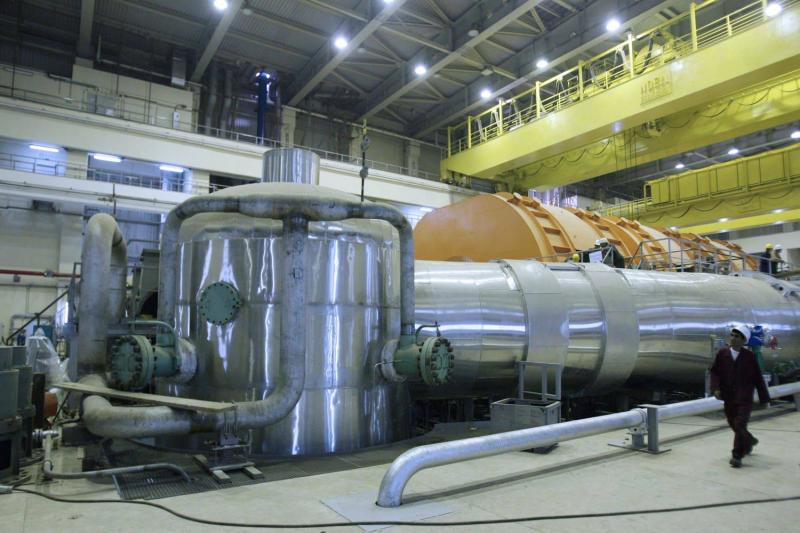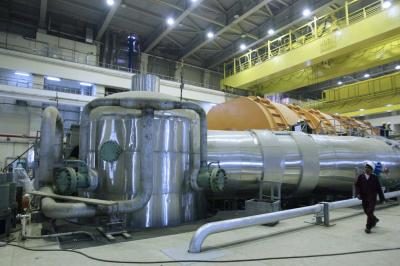After the International Atomic Energy Agency (IAEA) revealed yesterday that Tehran had prevented its inspectors from entering the Karaj facility days ago, failing to comply with what was agreed upon during the visit of IAEA Director General Rafael Grossi to the Iranian capital on September 12, the Iranian response came. Iran's representative to the IAEA, Kazem Gharib Abadi, stated today, Monday, that Grossi's report is inaccurate and exceeds the conditions agreed upon in the joint statement announced on September 12. He also acknowledged in a tweet, according to Reuters, that "any decision Iran makes regarding monitoring devices is based solely on political considerations and not legal ones," asserting that "the agency cannot and should not consider it one of its entitlements."
Clear Iranian Inaction
The IAEA announced yesterday, Sunday, that Iran had failed to fully comply with the terms of an agreement it reached with the agency two weeks ago, which allows its inspectors to maintain monitoring devices in the country. It clarified that the Iranian authorities allowed agency inspectors to maintain specific monitoring equipment between September 20 and 22, and to replace storage media at all necessary sites in the country, except for the Karaj complex. The IAEA Director General, Rafael Grossi, stated in a statement that Tehran's decision to deny the agency access to the workshop manufacturing components for centrifuges in Karaj contradicts the agreed-upon terms of the joint statement issued on September 12.
It is noteworthy that the September 12 agreement was reached on the eve of a meeting of the IAEA Board of Governors composed of 35 states, allowing international inspectors to maintain specific monitoring equipment and replace memory cards at several nuclear sites in Iran, including Karaj. The Karaj facility was subjected to a deliberate act of sabotage in June 2021, resulting in the destruction of one of the four cameras belonging to the agency there. Iran did not return the "data storage medium" from this camera.
Grossi's latest report is likely to increase pressure on Tehran, which announced its readiness to resume nuclear negotiations that have been stalled since June in Vienna, amid European and Russian calls to return to the negotiating table with the aim of reviving the nuclear agreement reached in 2015, from which the United States withdrew in 2018, reimposing many sanctions on Tehran.




